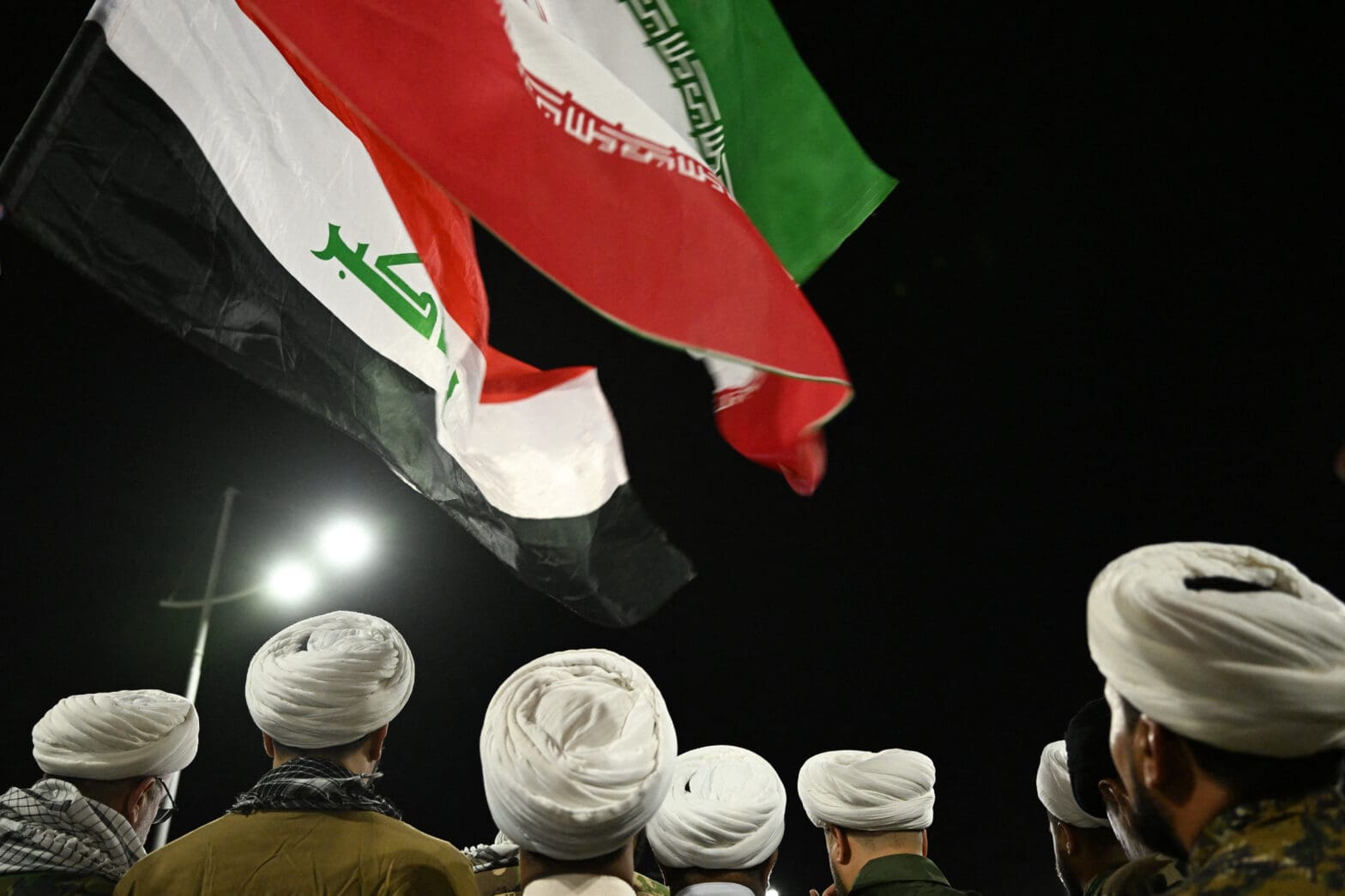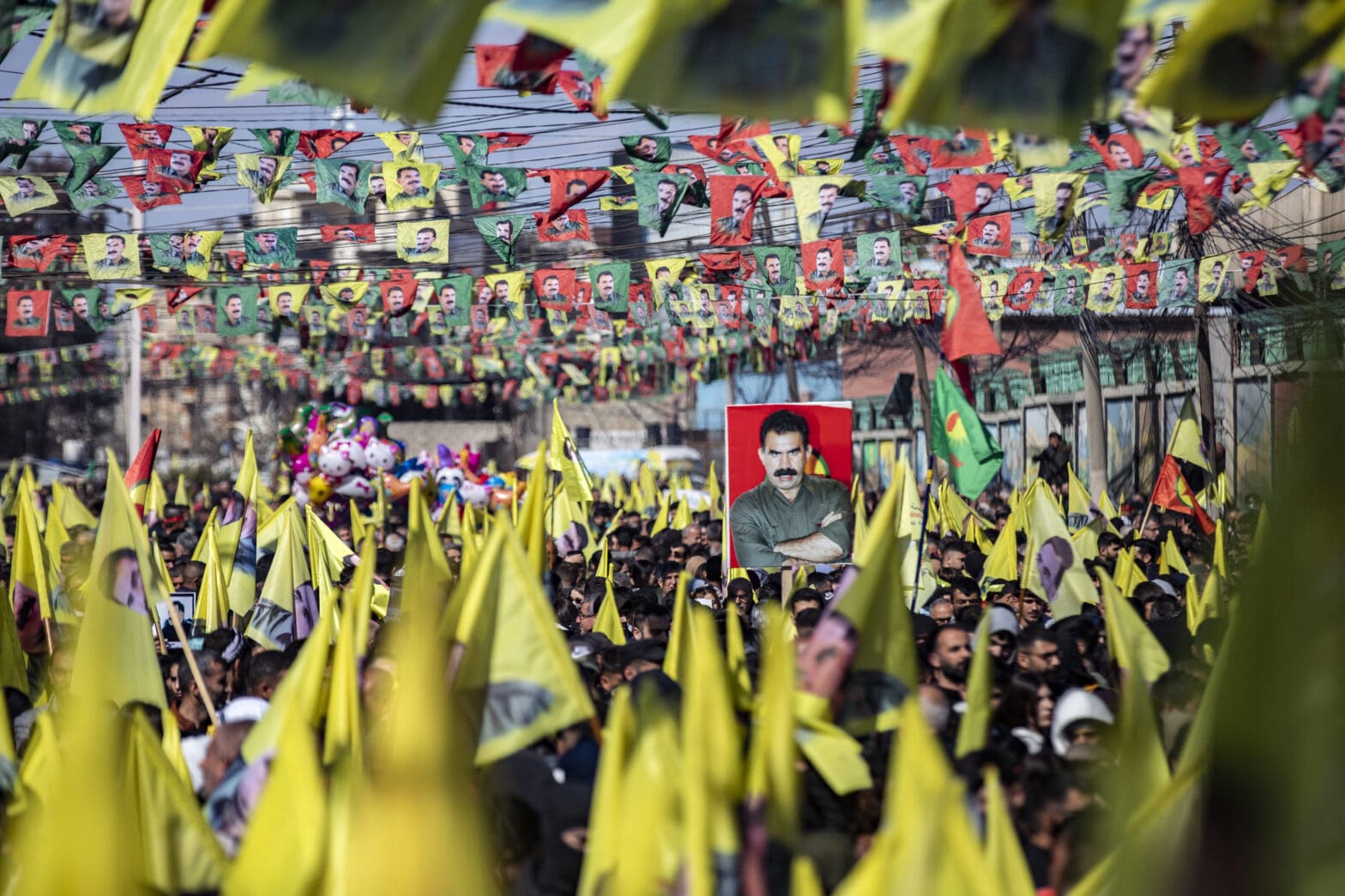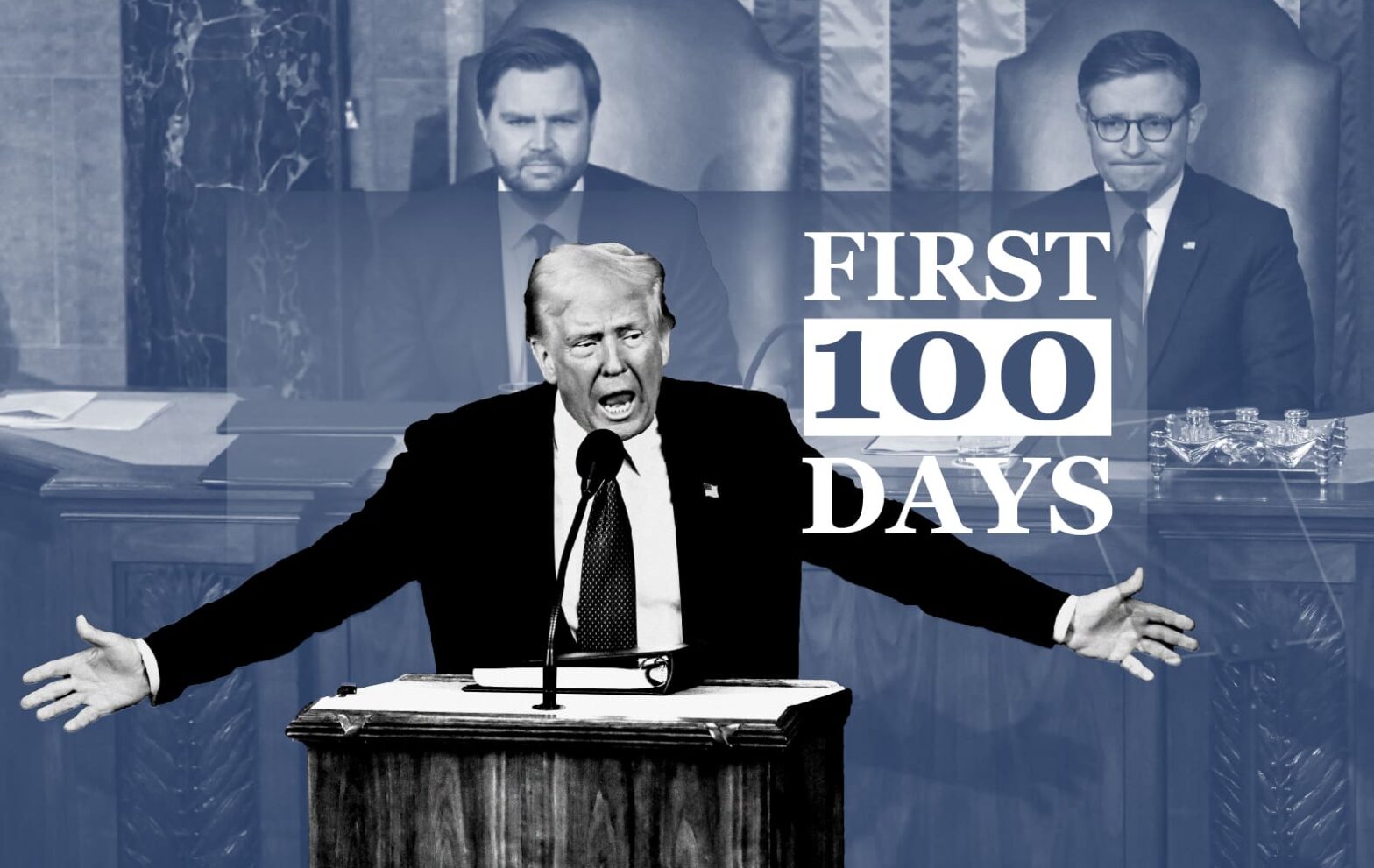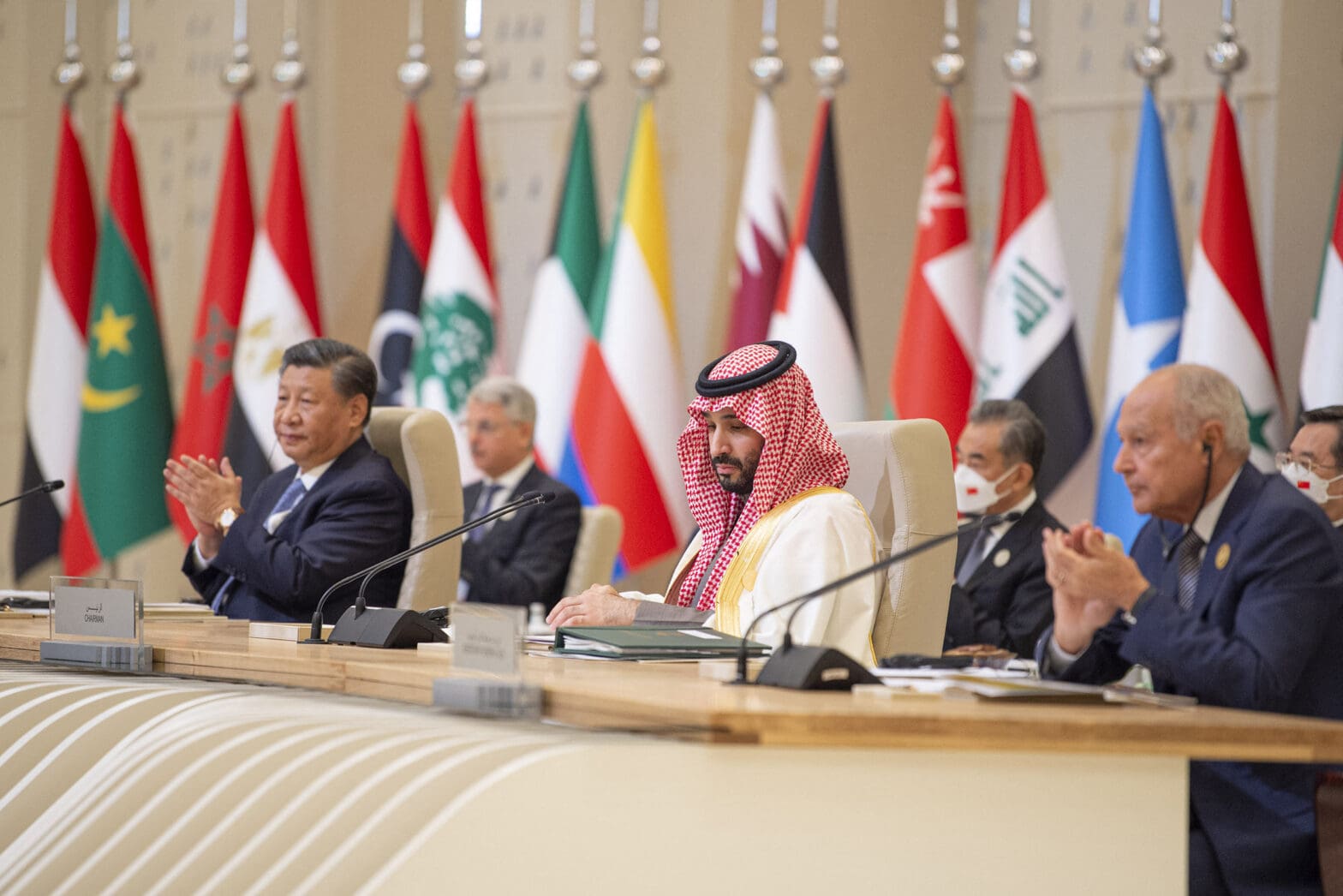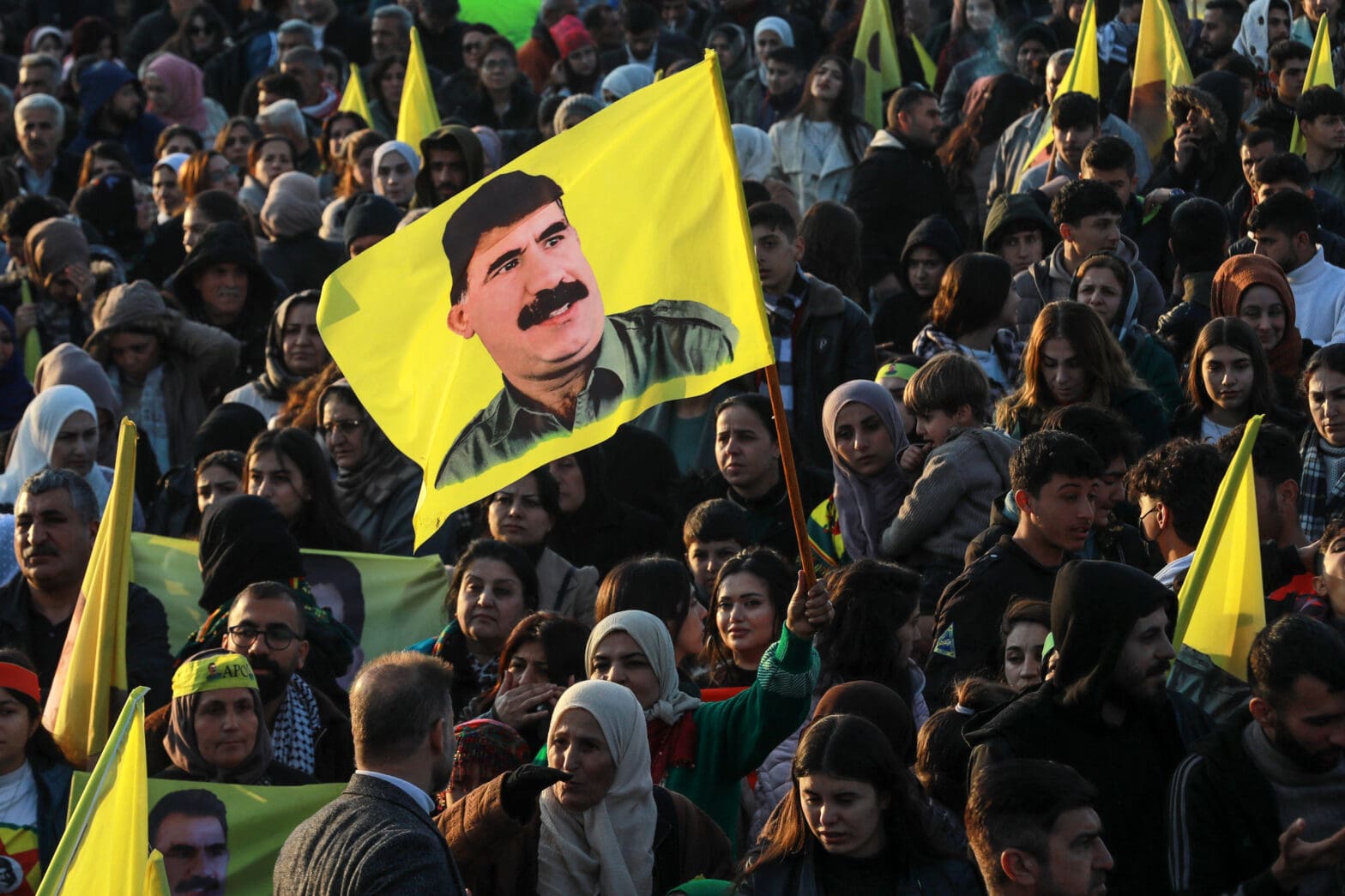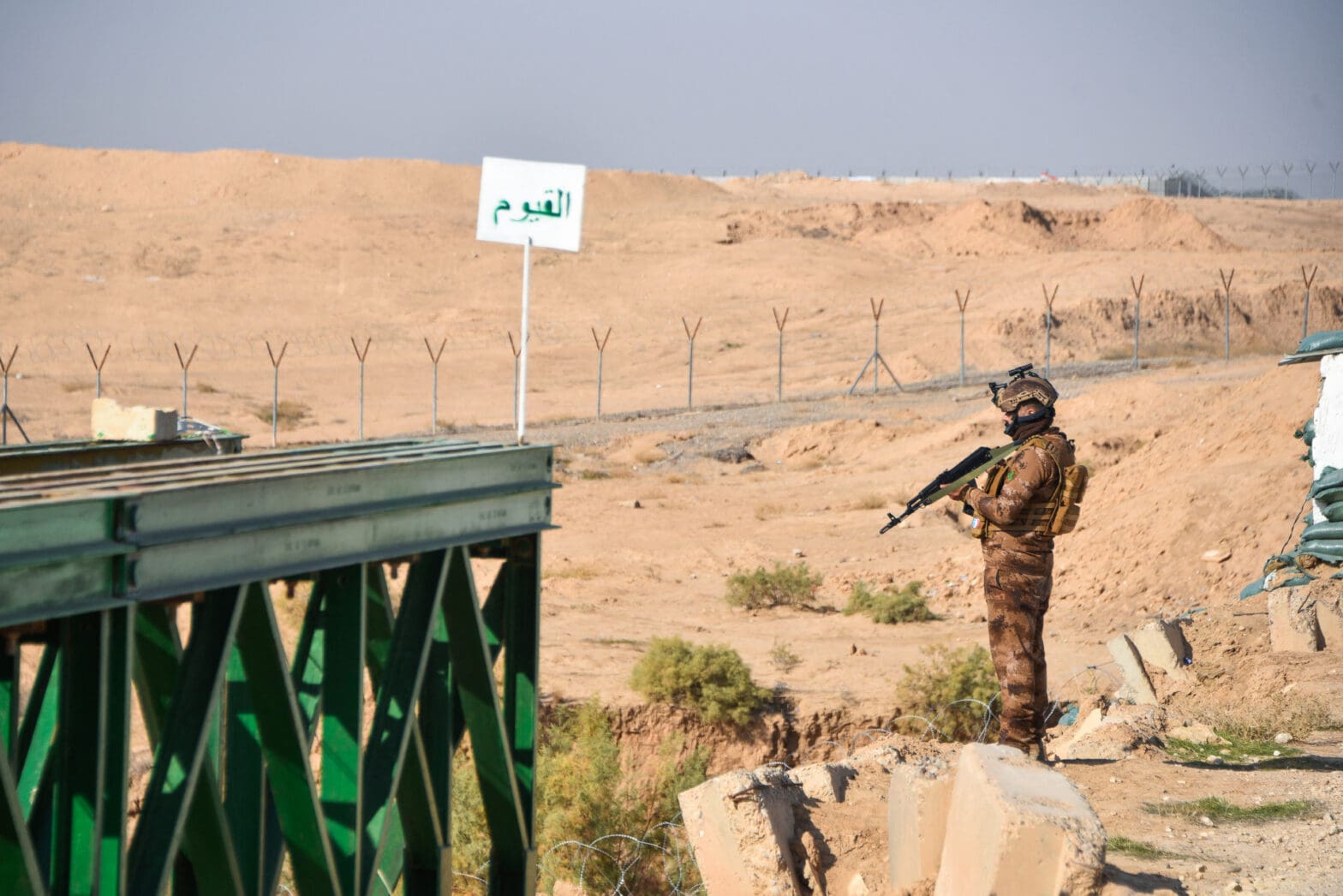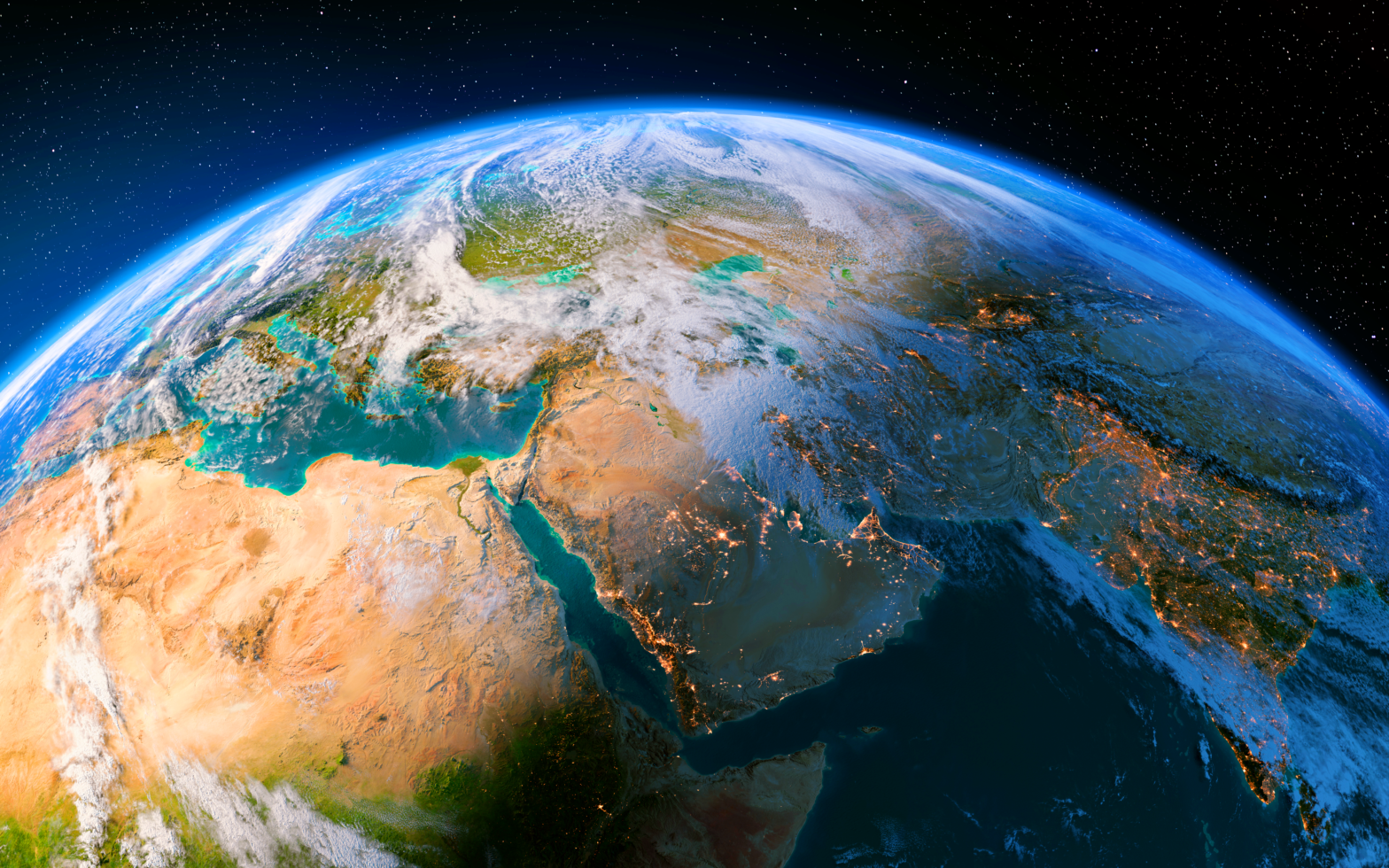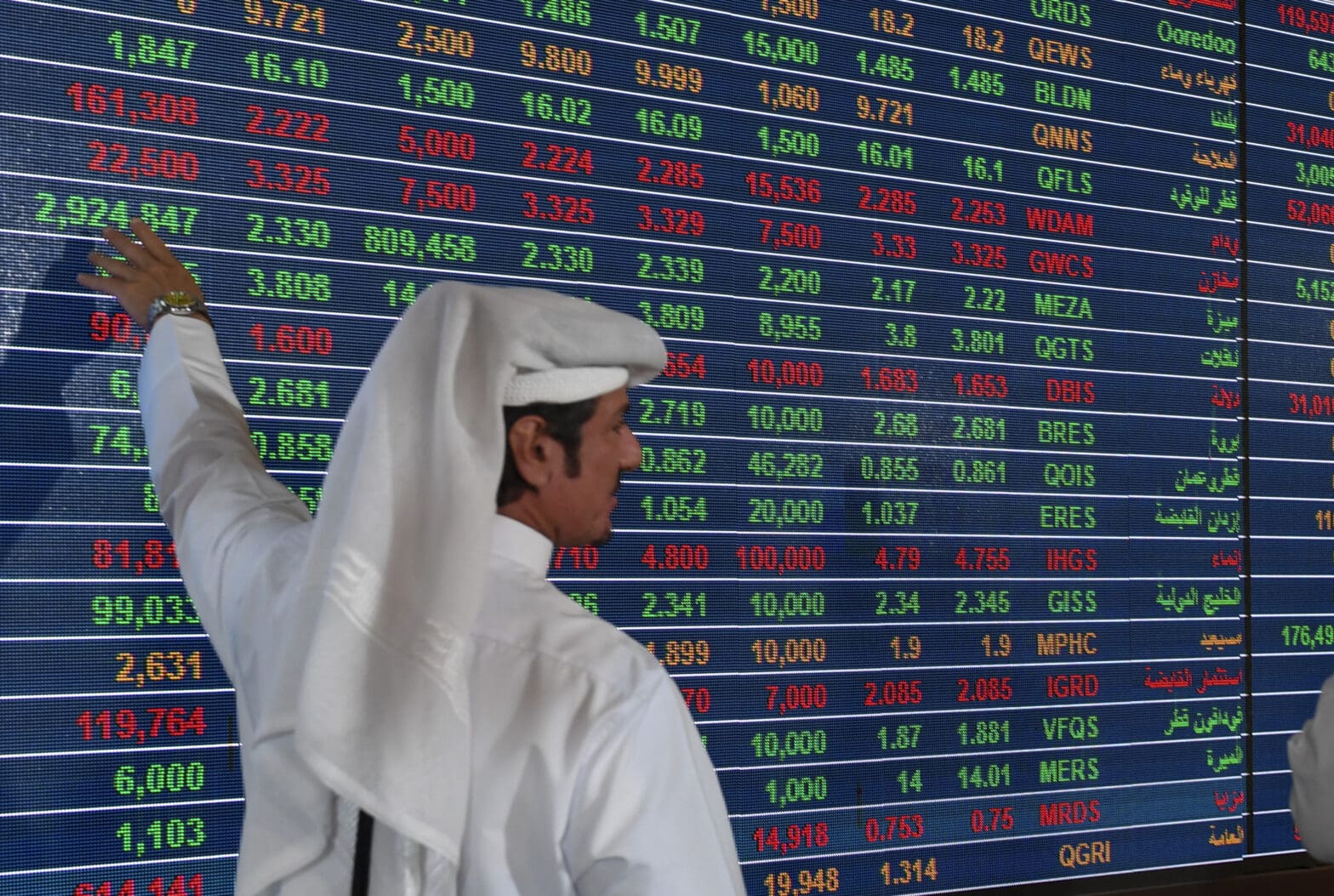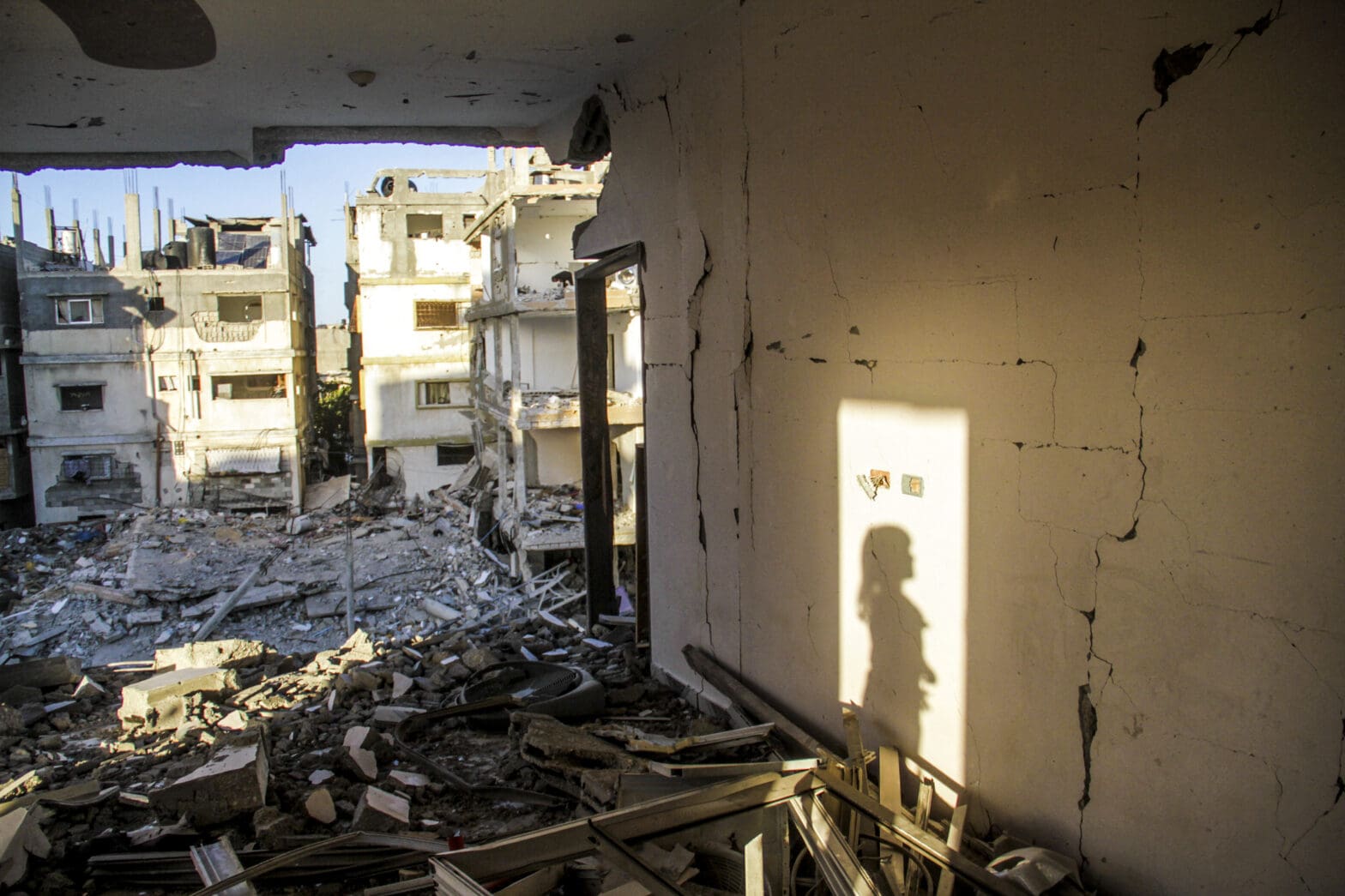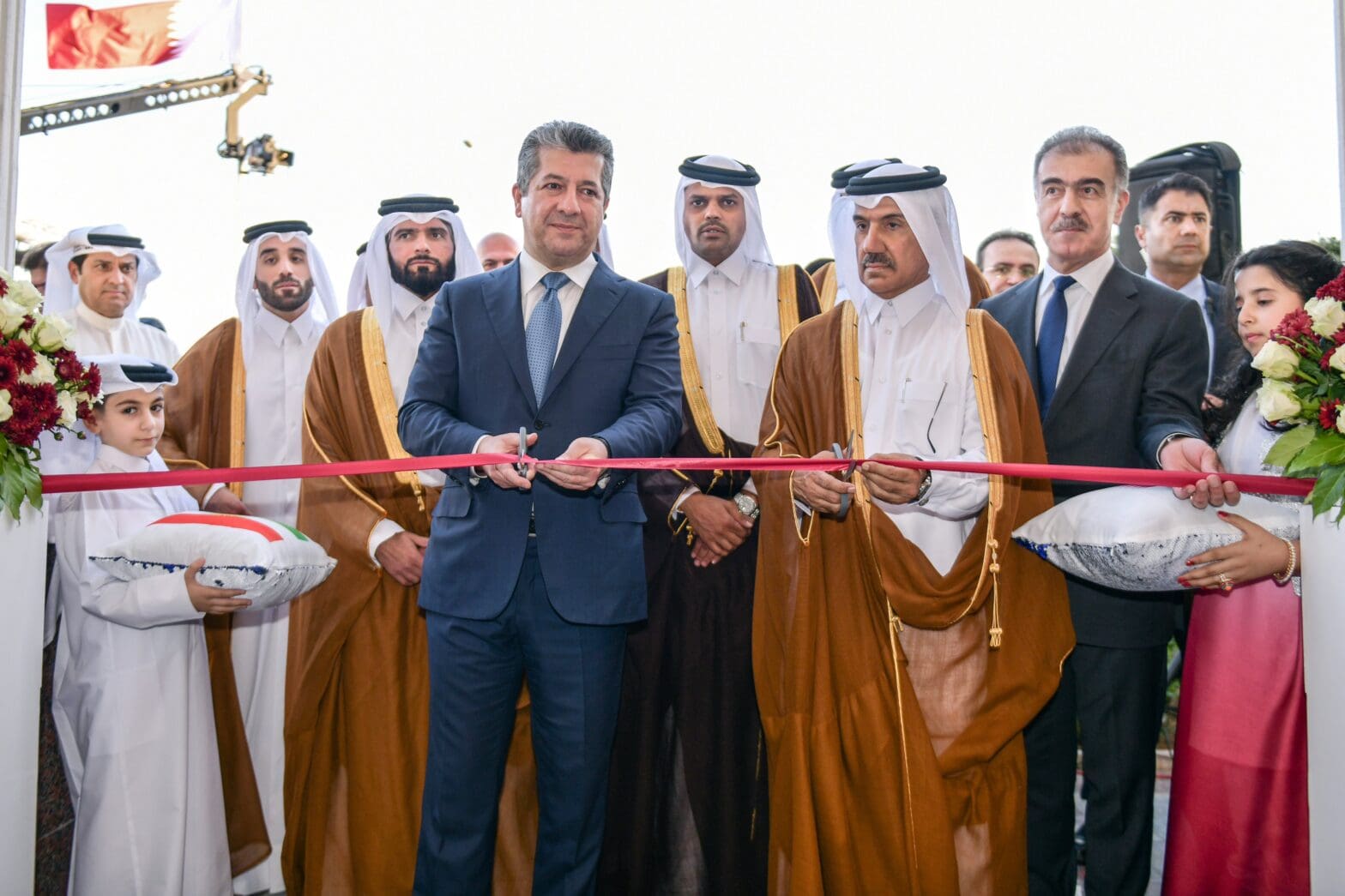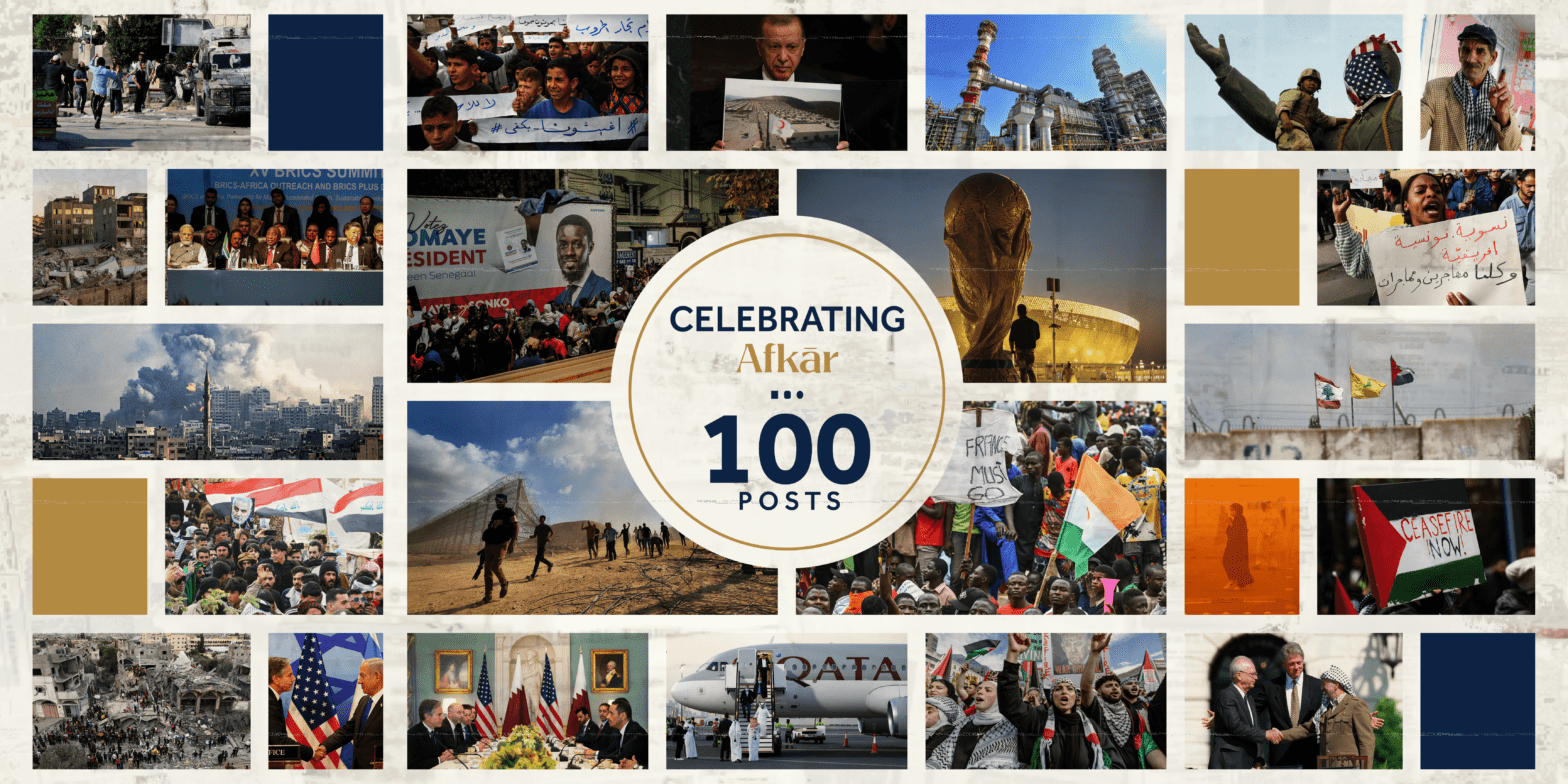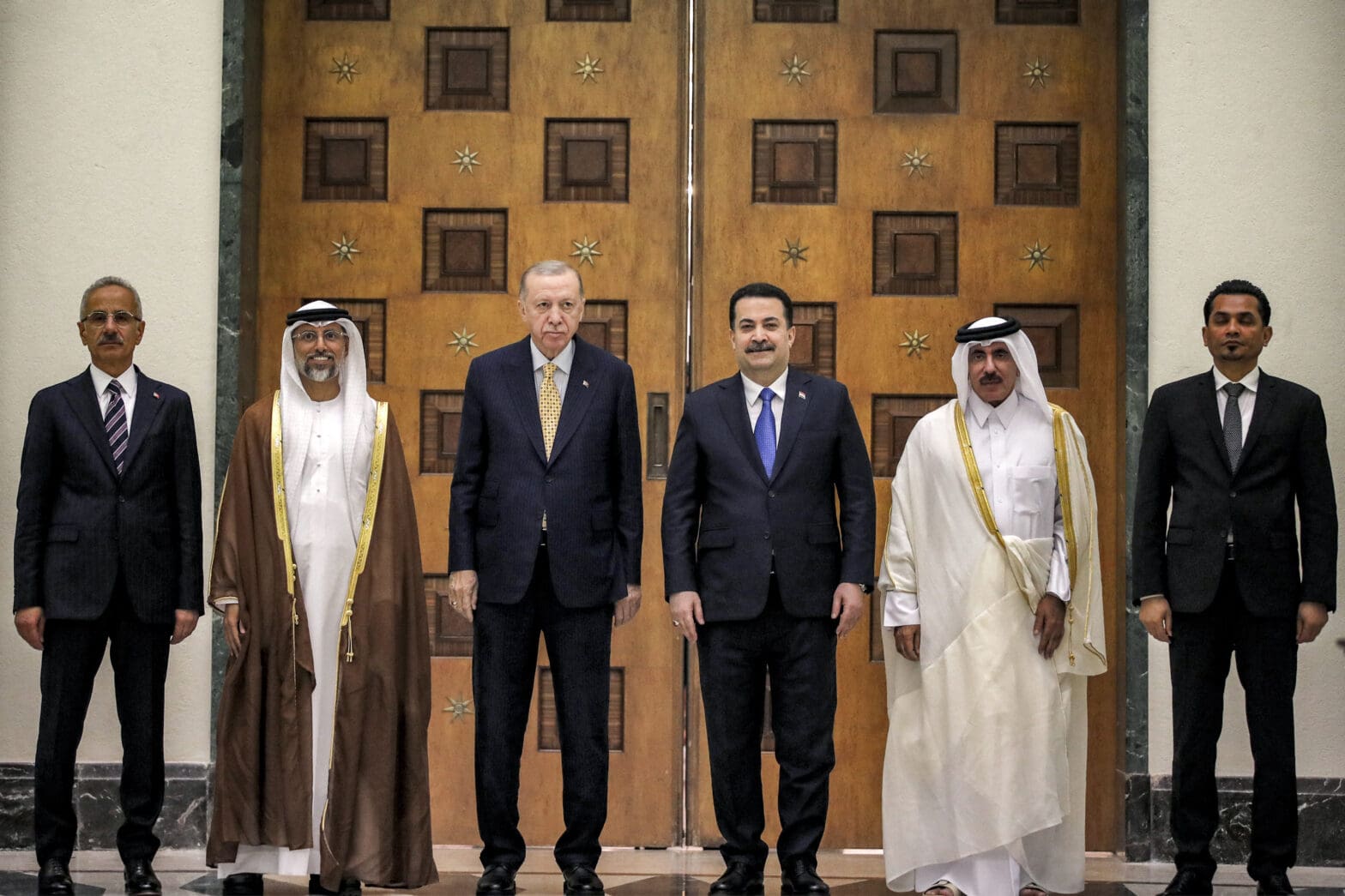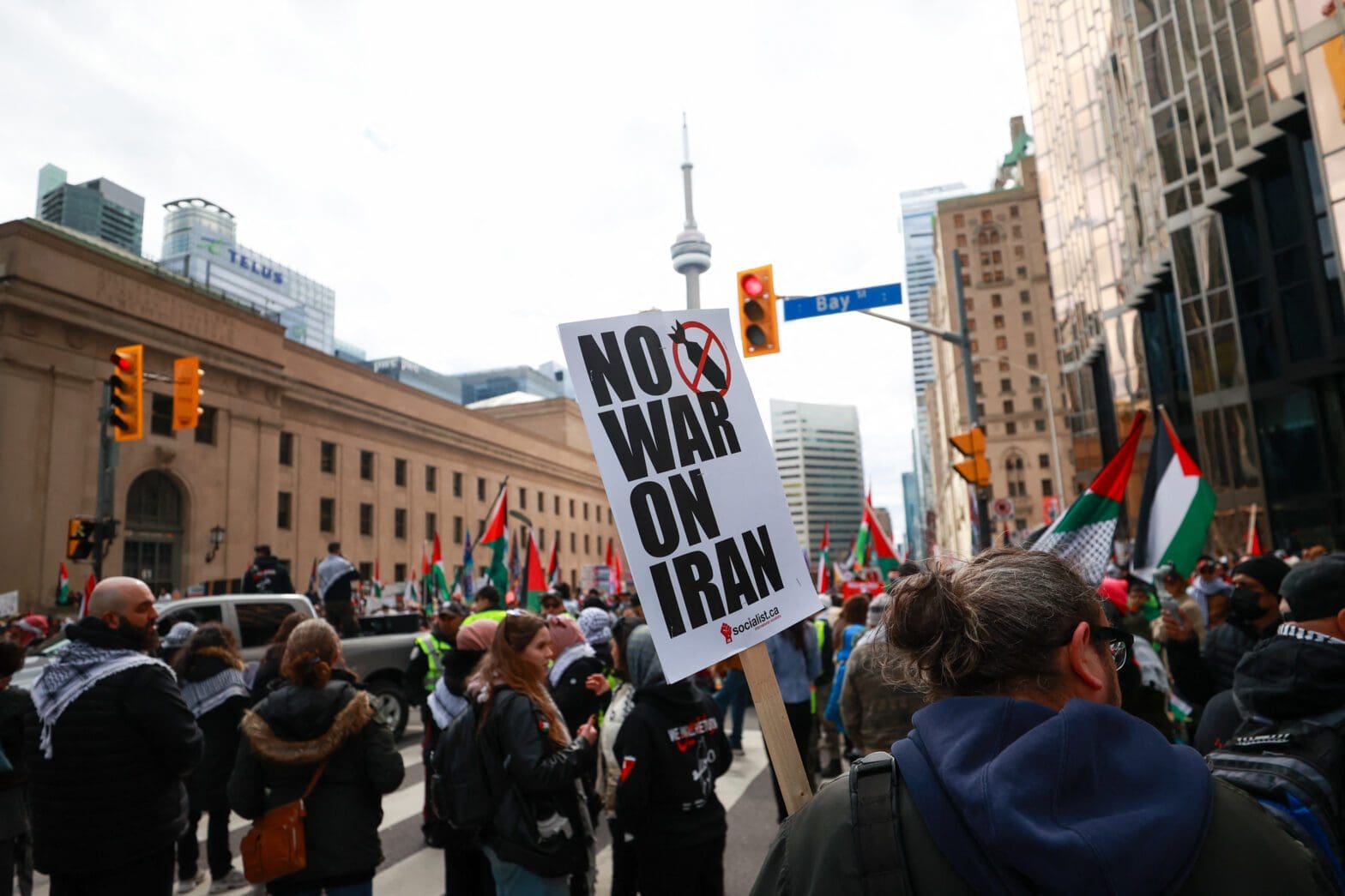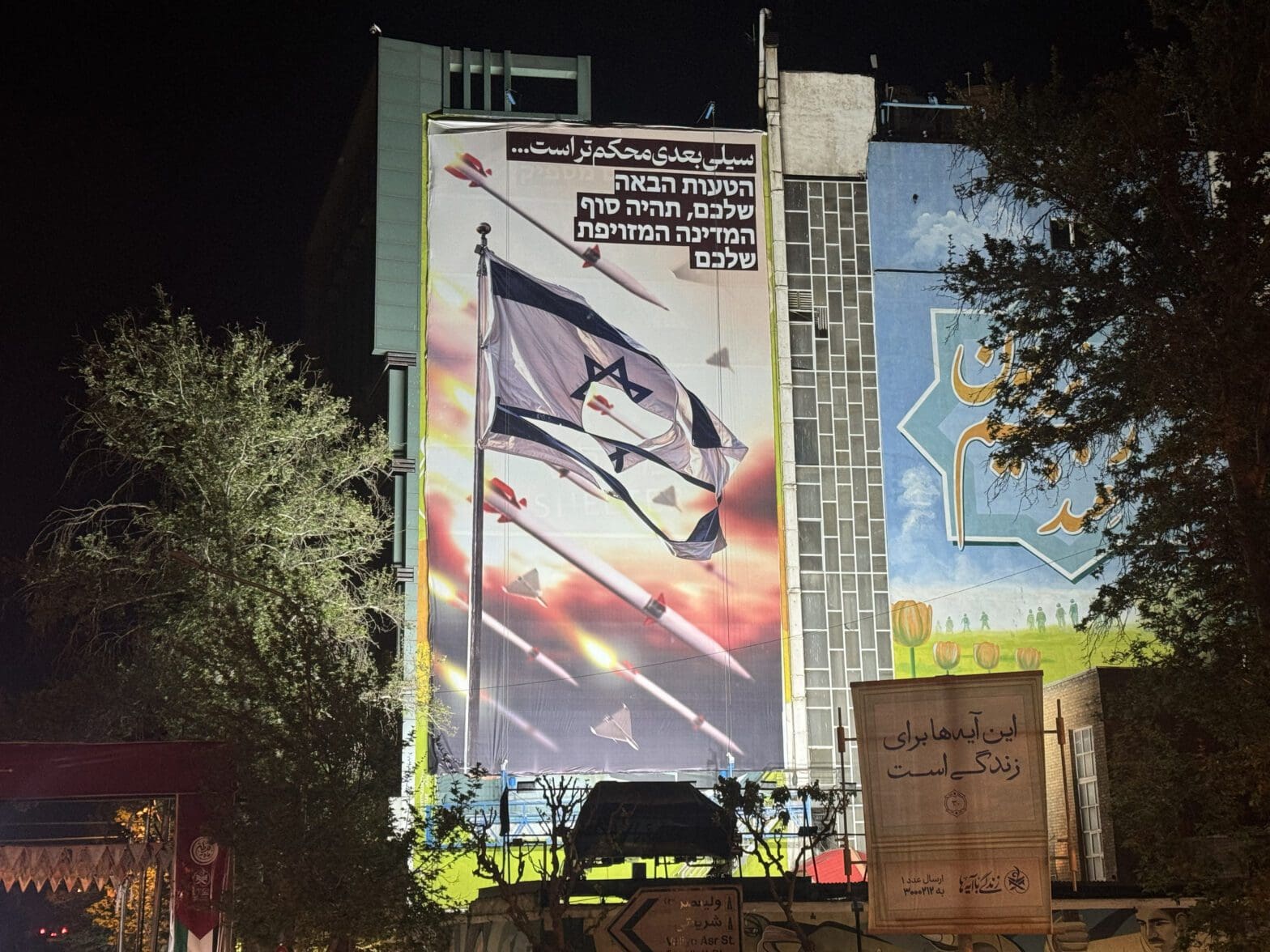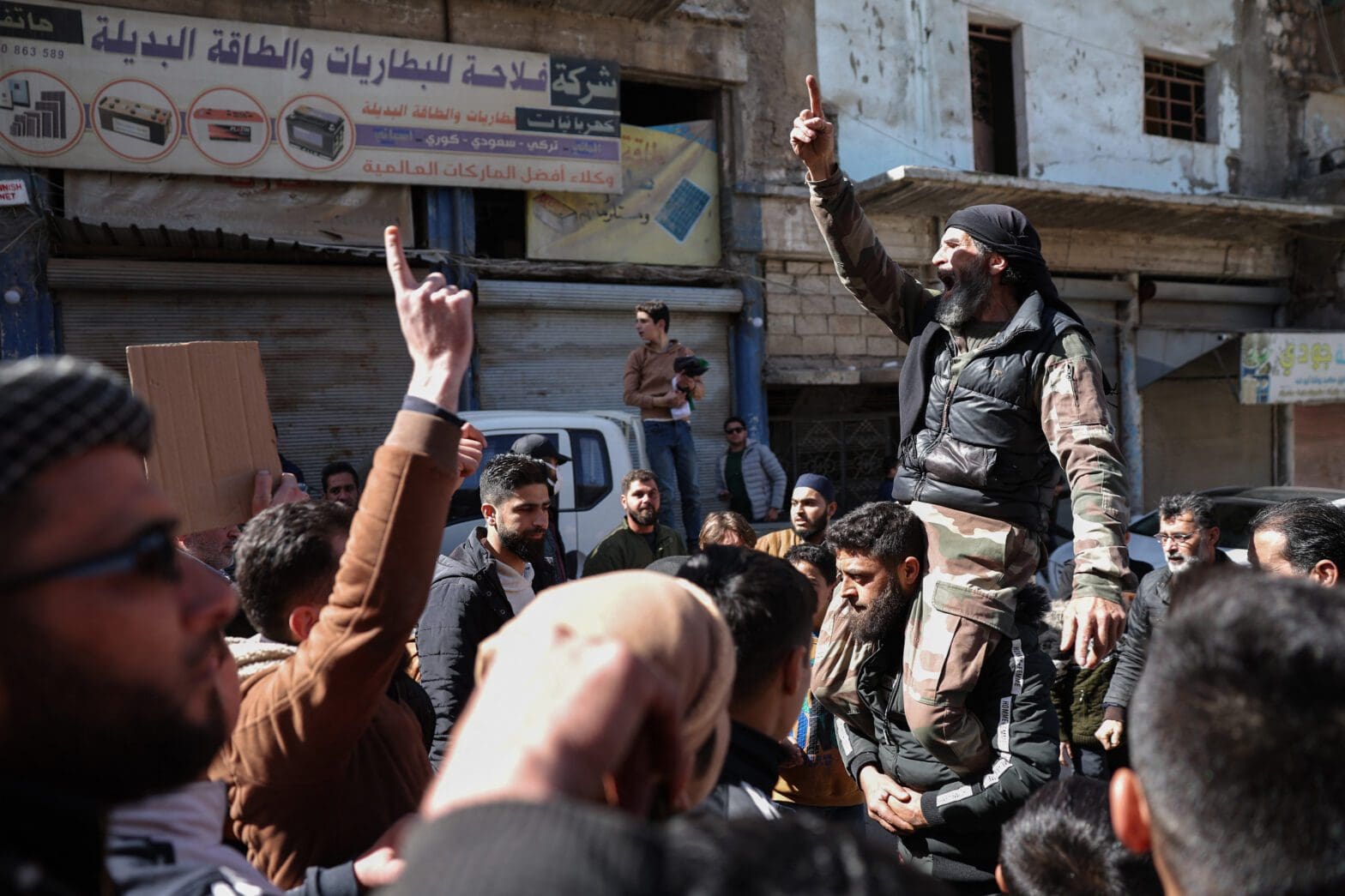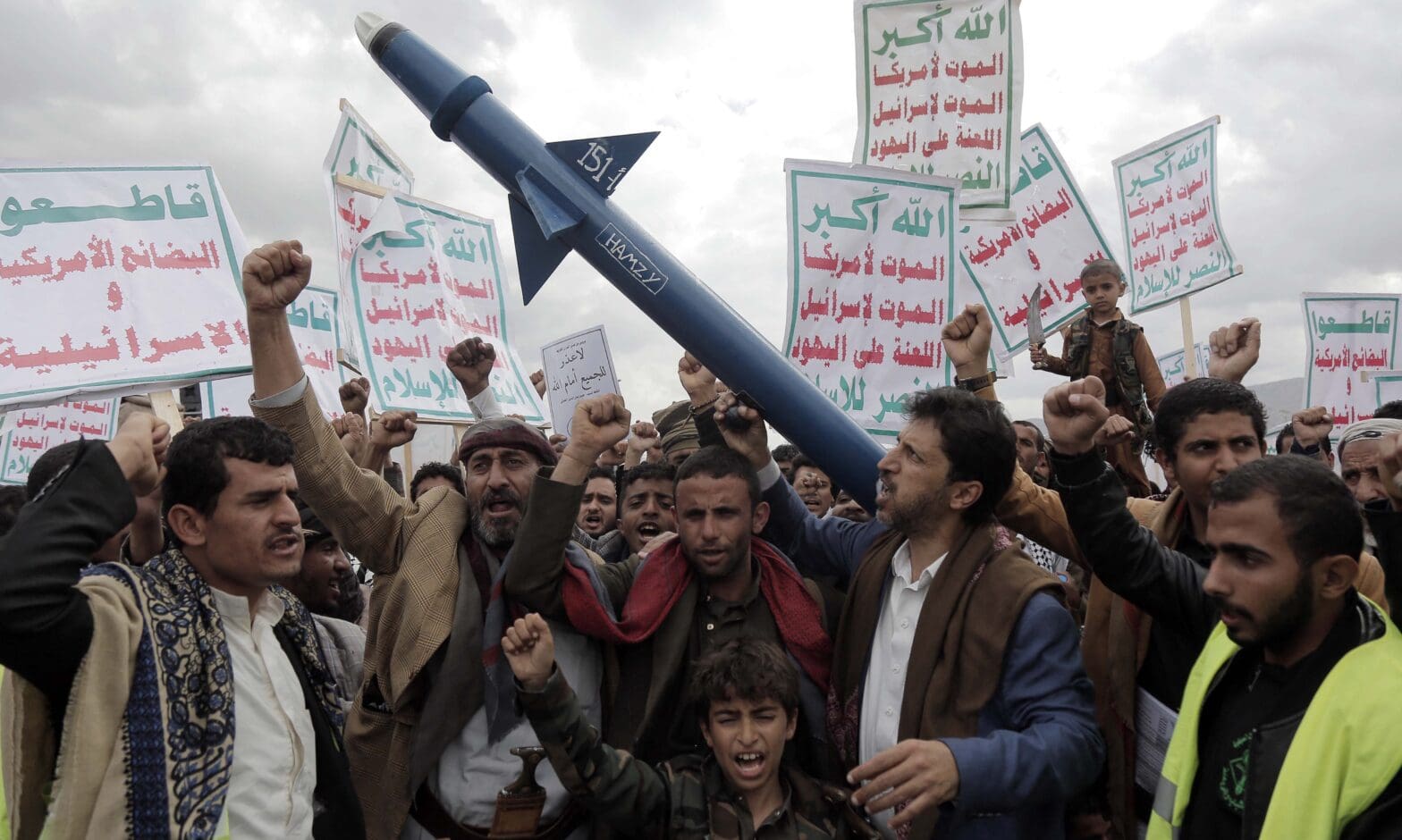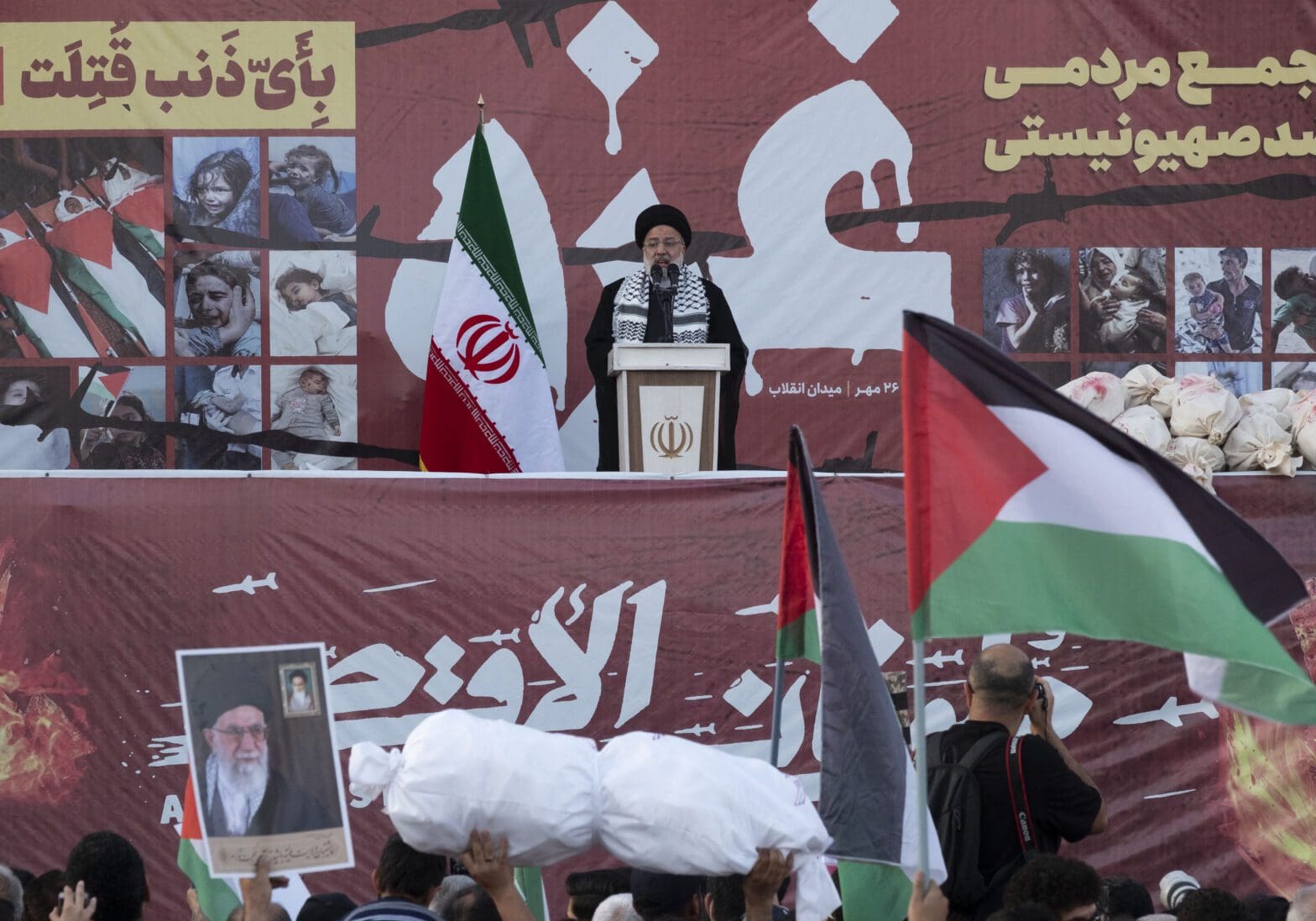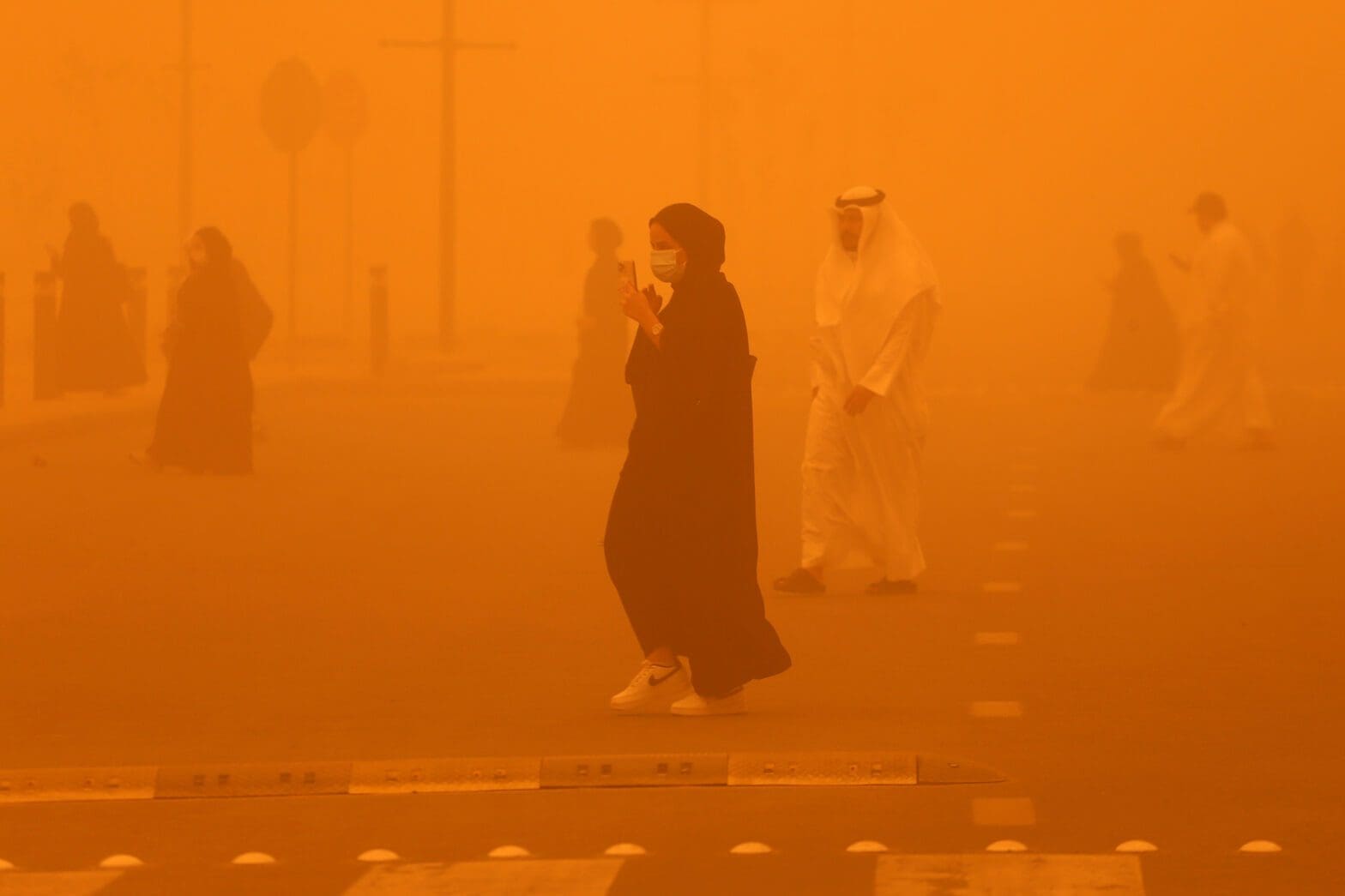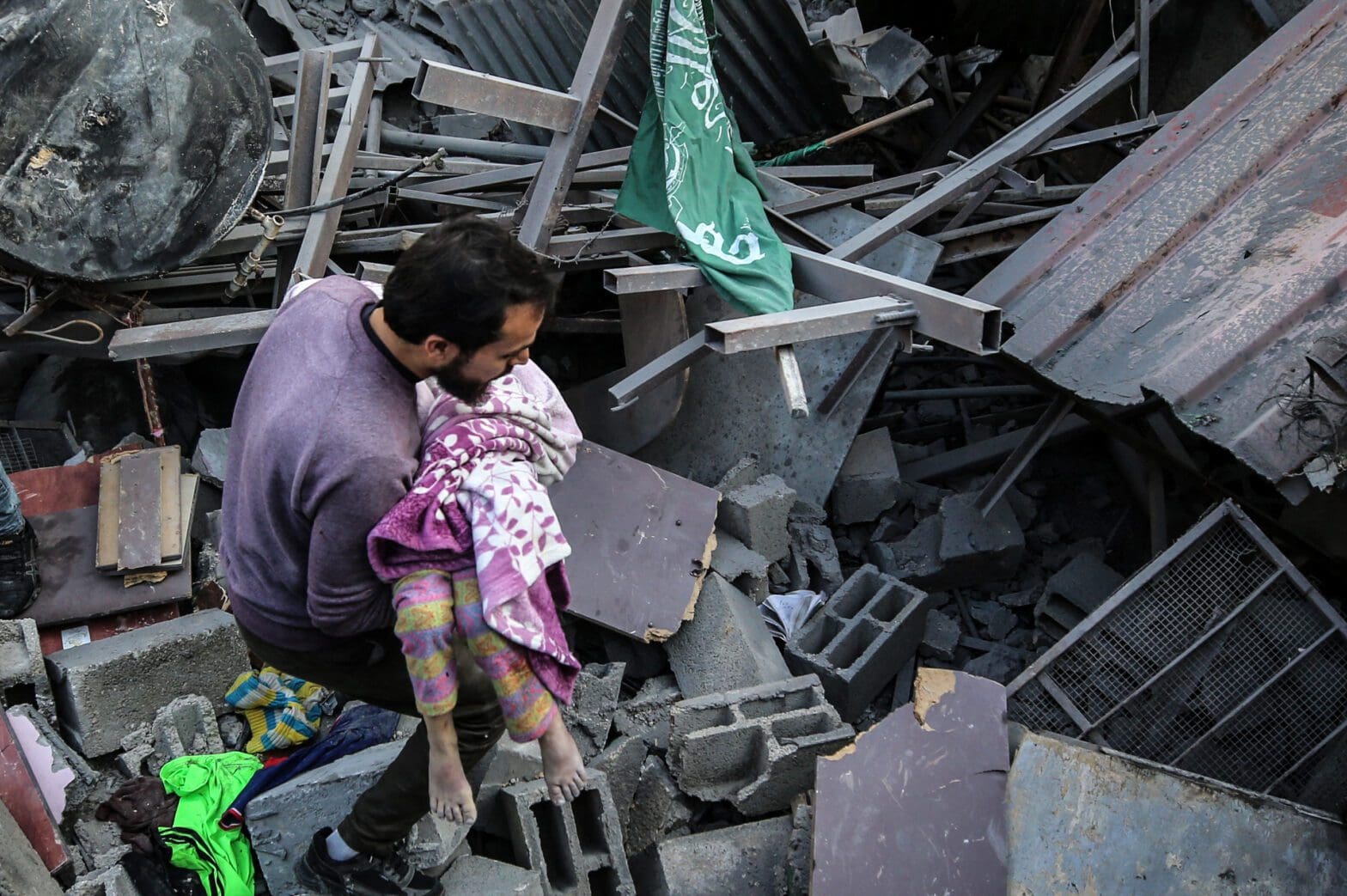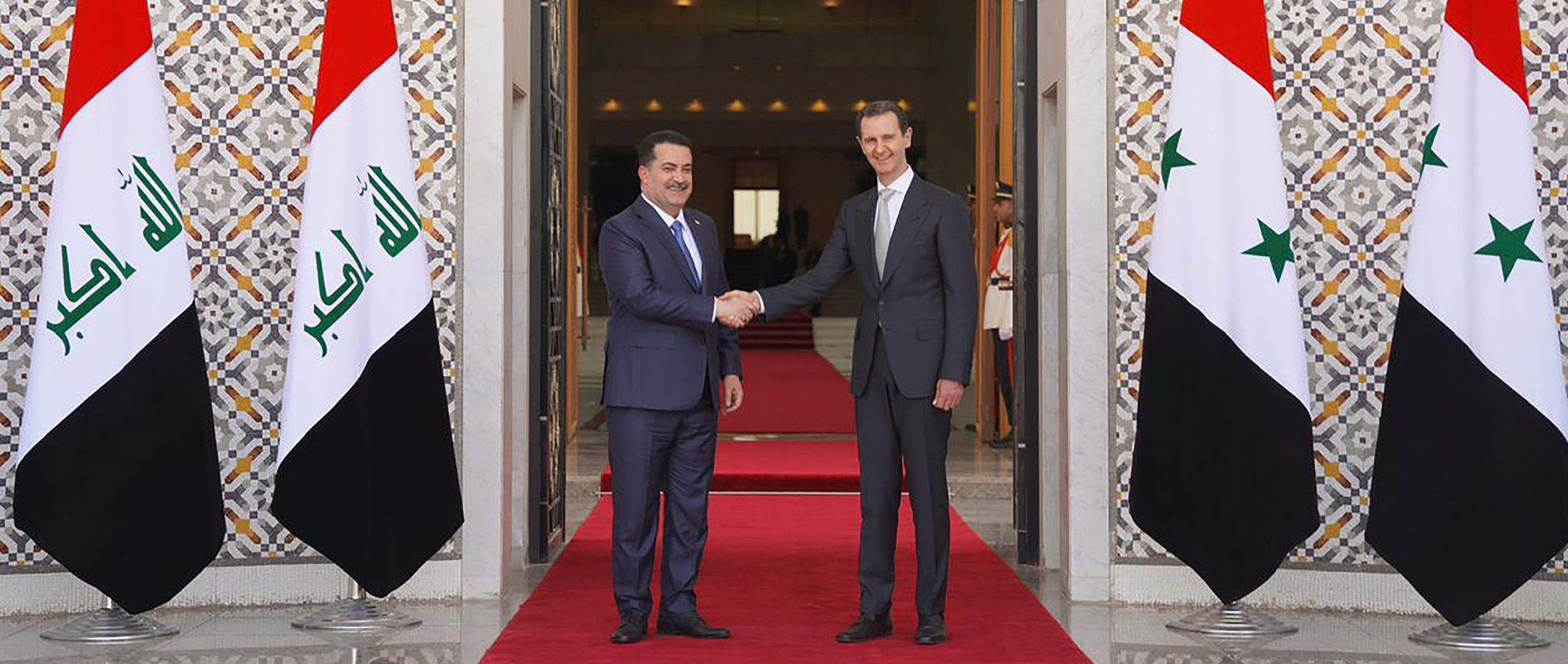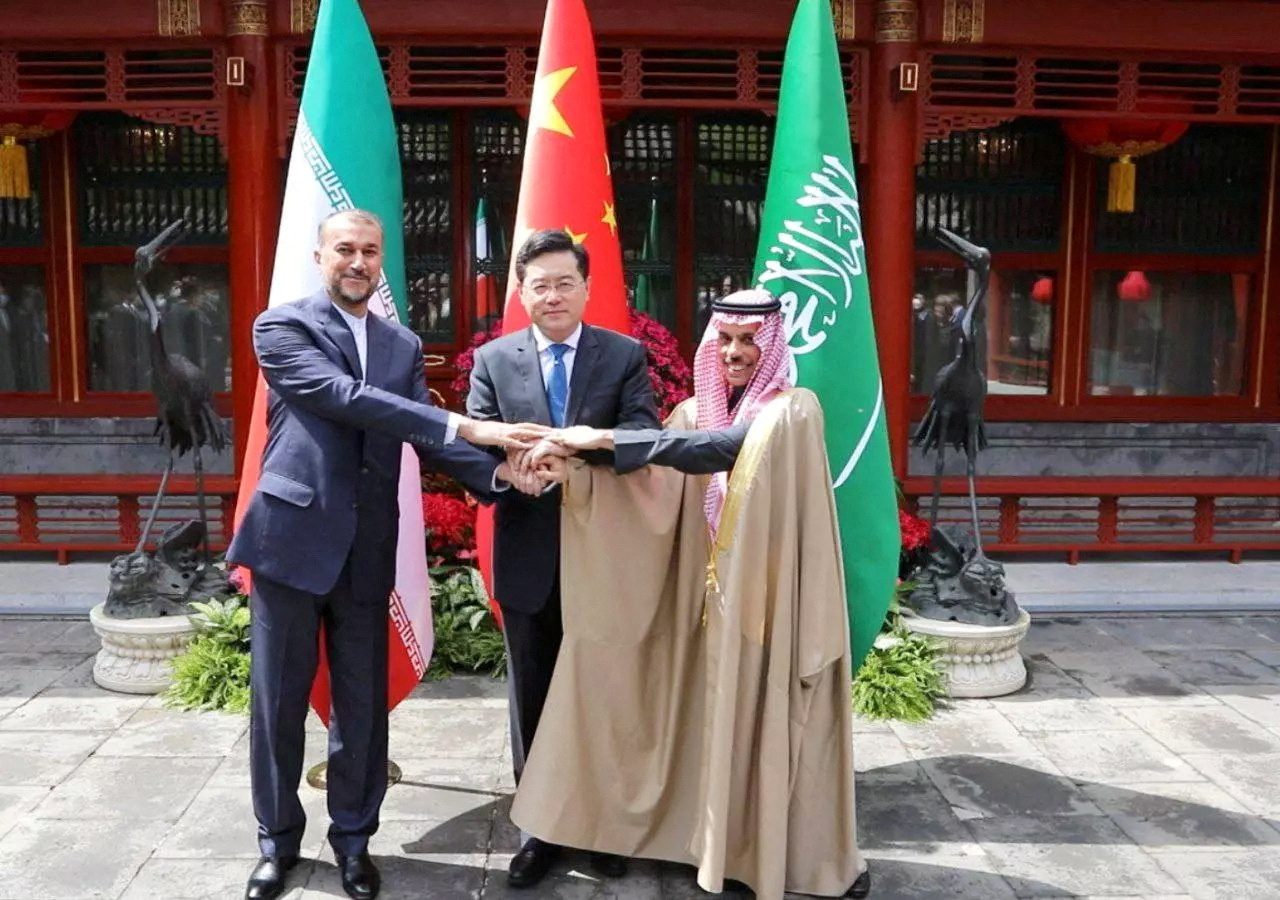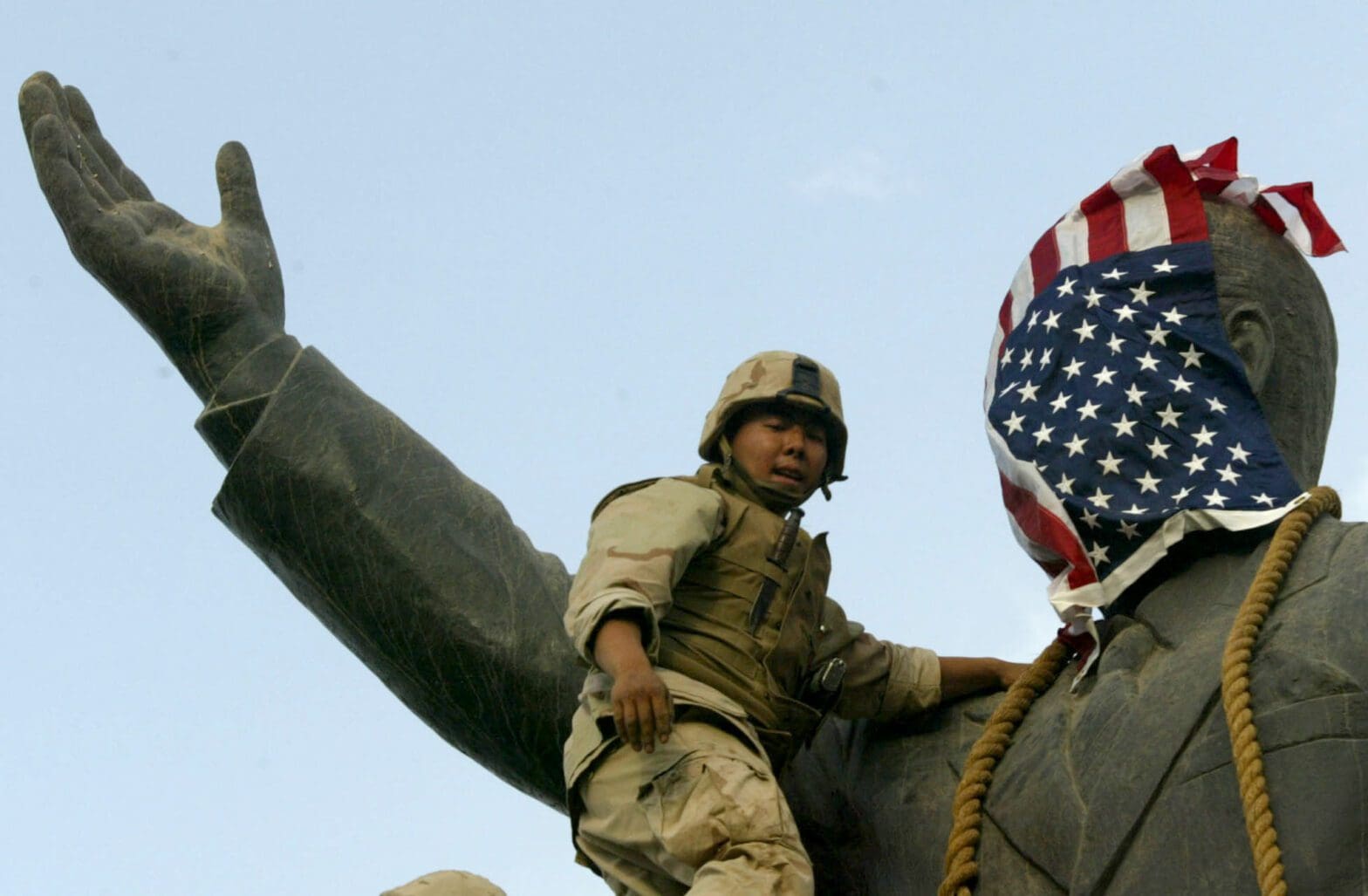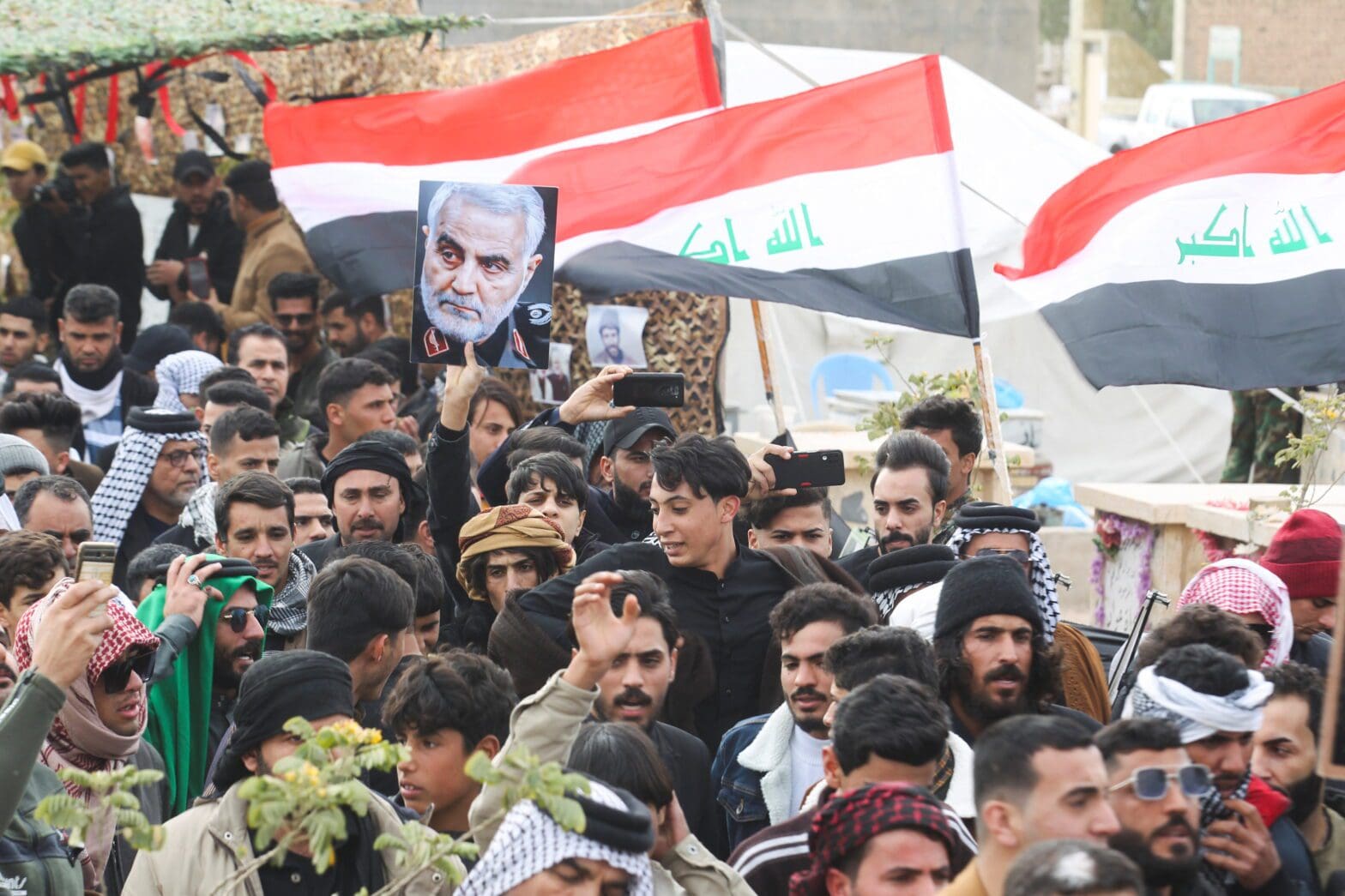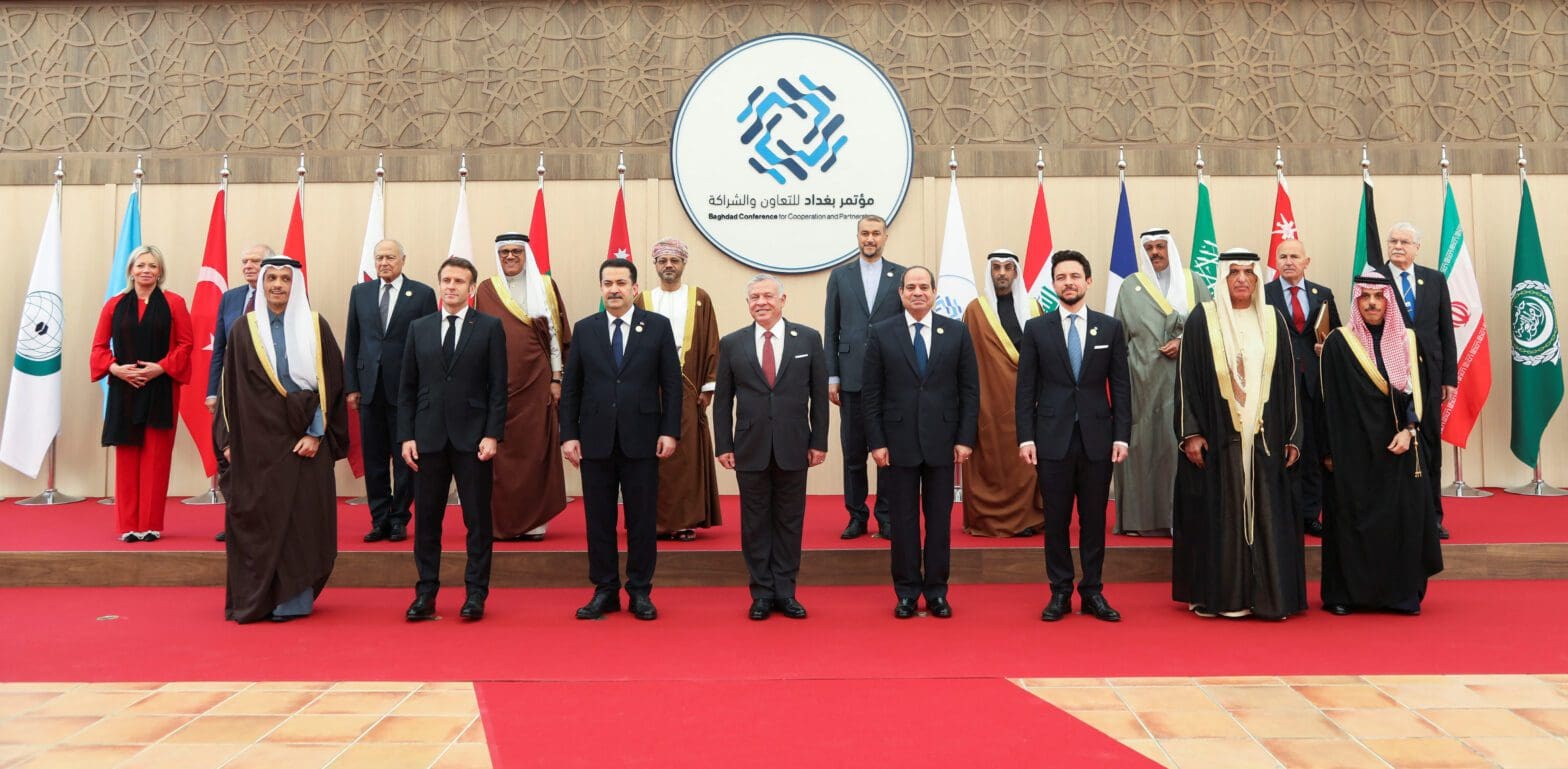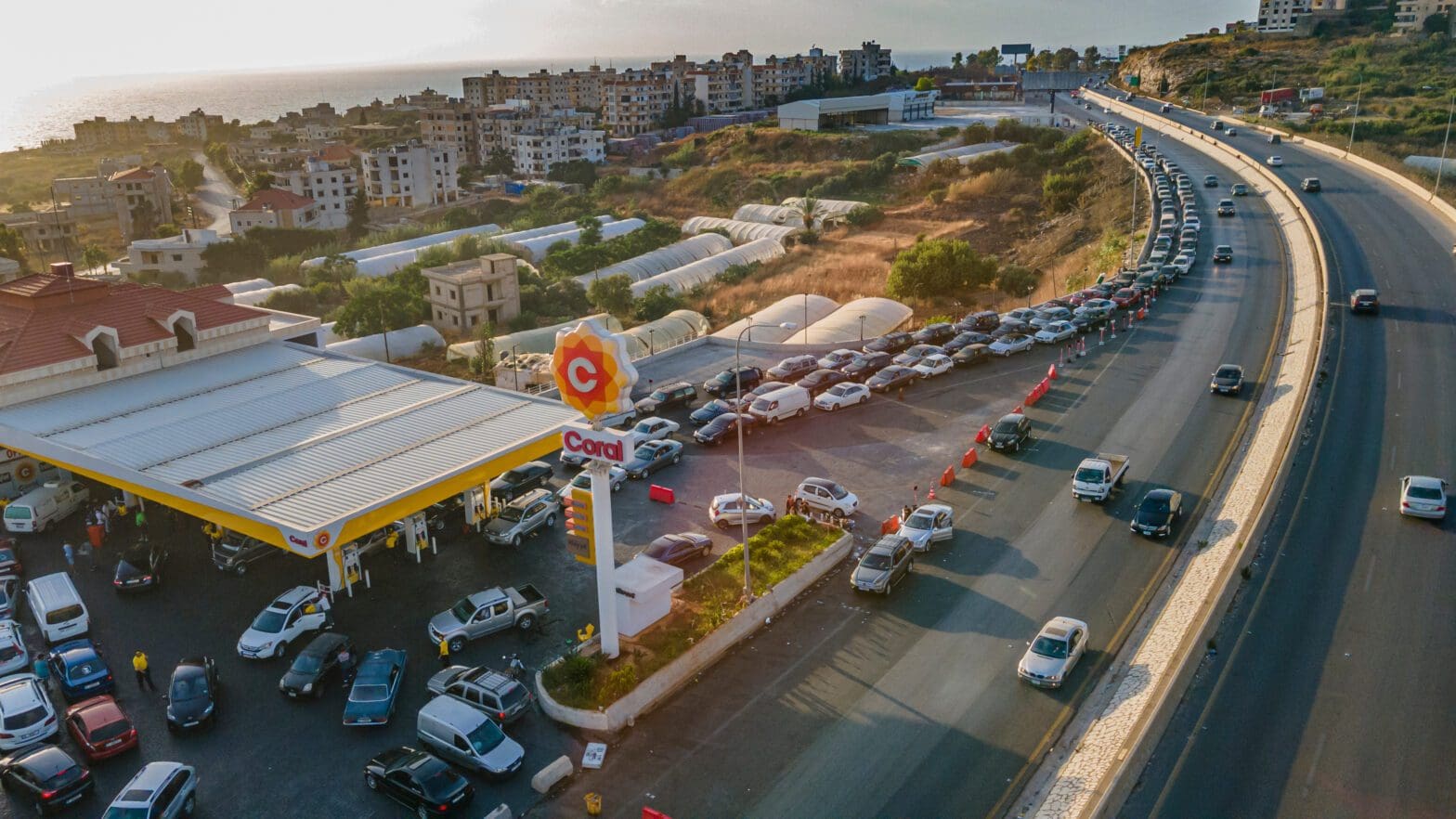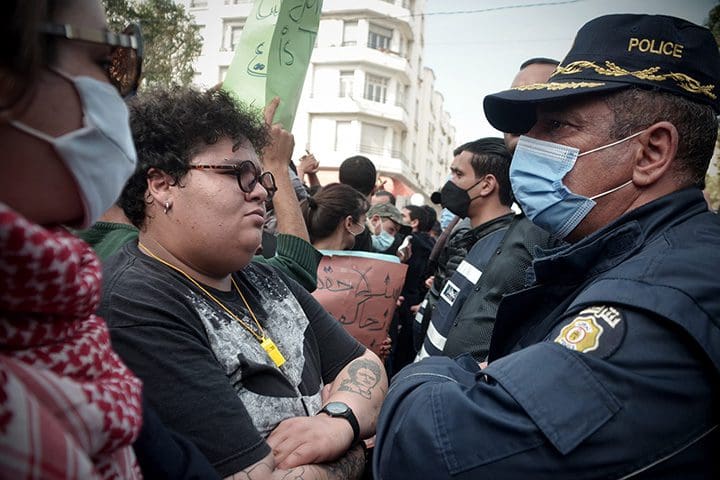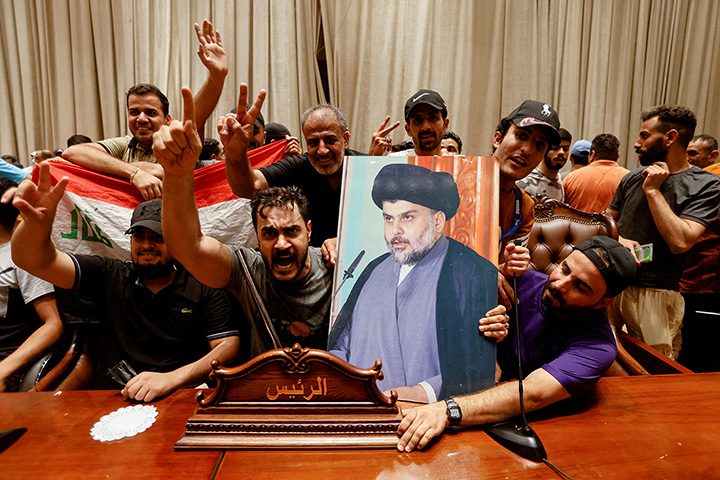When Israel and the United States launched a bombing campaign against Tehran’s nuclear program in June, Iran-aligned forces that have spent years building their influence and arsenals in neighboring Iraq were oddly silent. Yet despite their decision to stay out of the so-called “12-day war,” pro-Iranian groups still have far-reaching influence in Baghdad, while co-existing… Continue reading Baghdad has tied itself to Iran, endangering Iraq’s future
Afkar Country: Iraq
Will the PKK’s Historic Disbandment Transform the Turkish Republic?
On May 12, 2025, the Kurdistan Workers’ Party, or PKK, officially declared its dissolution after nearly five decades of armed insurgency against the Turkish state. The announcement was made in parallel congresses held in the Kandil Mountains and the Zap Valley, the two iconic strongholds of the movement in northern Iraq. Two hundred and thirty-two… Continue reading Will the PKK’s Historic Disbandment Transform the Turkish Republic?
The First 100 Days: Trump’s Middle East Policy Revisited
By any standard of the American presidency, the first 100 days of Donald Trump’s second term have been eventful, to say the least. From the dismantling of government institutions to the imposition of protectionist trade policies to the launching of negotiations with Iran and Russia, the implications of Trump’s early agenda have been far reaching… Continue reading The First 100 Days: Trump’s Middle East Policy Revisited
Will China Engage More on Middle East Security?
Since the launch of its Belt and Road Initiative in 2013, China has markedly expanded its trade, industrial investment and other economic activities in the Middle East. As its influence has grown, regional governments like Saudi Arabia, Iran and Türkiye have urged Beijing to play a greater role in the Middle East’s security affairs. These… Continue reading Will China Engage More on Middle East Security?
Call to Disband PKK Reshapes Türkiye, Syria Power Dynamics
The consequences of the call by the founder of the Kurdistan Workers’ Party (PKK), Abdullah Ocalan, for the group to disband are still reverberating—not just in Türkiye but also in the wider region. Shifting alliances in Syria—exemplified by the recent agreement between the Kurdish-led Syrian Democratic Forces (SDF) and the Syrian government—confirm that Ocalan’s message… Continue reading Call to Disband PKK Reshapes Türkiye, Syria Power Dynamics
Assad’s Fall in Syria Poses Serious Questions Inside Iraq
Recent developments in Syria, including the fall of the Assad regime, Iran’s failure to quell the rebel advance into Damascus and subsequent withdrawal of its proxies from the country, have generated shockwaves in neighboring Iraq. For the first time in Iraq’s post-2003 political history, the prospect of breaking Iran’s outsized influence over the Iraqi state… Continue reading Assad’s Fall in Syria Poses Serious Questions Inside Iraq
MENA Outlook for 2025
With the December collapse of the Assad regime in Syria, 2024 came to a close in a dramatic and region-altering fashion. This, along with the numerous other major trend lines and points of conflict, likely makes 2025 a year that will be significant in reshaping the region’s future. Looking forward to what may be coming,… Continue reading MENA Outlook for 2025
Regional Economy Faces Plenty of Challenges—and Reasons for Hope—in 2025
Despite the turmoil rocking the Middle East and North Africa (MENA), there may be some glimmers of hope for the region’s economies in 2025. The World Bank and the International Monetary Fund (IMF) are both projecting an uptick in growth in most MENA economies. However, structural challenges, political instability, and geopolitical tensions will continue to… Continue reading Regional Economy Faces Plenty of Challenges—and Reasons for Hope—in 2025
Why Jihadist Groups Never Really Die
The lightening quick takeover of Syria by Hayat Tahrir al-Sham (HTS) led-fighters in an offensive that began on November 27 and ousted the 54-year old Assad regime by December 8, has been stunning. Indeed, the speed of developments has left many observers with more questions than answers, including on the character of the rebel forces,… Continue reading Why Jihadist Groups Never Really Die
Arab Public Opinion Under Pressure
Editor’s Note The relevance of public opinion in the Middle East and North Africa is a question often debated but little understood. Given the high prevalence of autocracy, surveys of popular sentiment are limited, while freedoms of speech and press are not the norm. Indeed, as thousands of political prisoners freed in recent days from… Continue reading Arab Public Opinion Under Pressure
Adapting the Women, Peace and Security Agenda to the Arab World
When United Nations Security Council (UNSC) resolution 1325 on Women, Peace and Security (WPS) was adopted on October 31, 2000, it marked an unprecedented commitment by the international community to regard women as integral partners in peace processes. The WPS “agenda,” as it came to be known, encompasses ten UNSC resolutions that recognize the devastating… Continue reading Adapting the Women, Peace and Security Agenda to the Arab World
Assessing Qatar’s Deepening Ties to Iraqi Kurdistan
Over the past year, Qatar and the Kurdistan Region of Iraq have ramped up their relations. Under Prime Minister Masrour Barzani, the Kurdistan Regional Government (KRG) has prioritized improved diplomatic and economic ties to the Gulf. That has included expanded trade with Doha, particularly in agriculture. Erbil and the Gulf states are also improving their… Continue reading Assessing Qatar’s Deepening Ties to Iraqi Kurdistan
The Middle East in the Wake of October 7: Interview with Tarik M. Yousef Marking 100 Afkār Posts
We at Afkār are delighted to announce that we have reached a new milestone, our 100th post! To mark the occasion, we have recorded and transcribed a special interview with the Director of the Middle East Council on Global Affairs, Tarik M. Yousef. The in-depth interview was conducted by our editor, Omar H. Rahman, and… Continue reading The Middle East in the Wake of October 7: Interview with Tarik M. Yousef Marking 100 Afkār Posts
The Development Road Project – Council Views
Following a momentous visit to Iraq by Turkish President Recep Tayyip Erdogan, Türkiye, Iraq, Qatar, and the United Arab Emirates signed an initial agreement to collaborate on the Development Road project. The $17 billion project envisages region-wide transportation routes and infrastructure that would transform Iraq’s infrastructure into a transit hub connecting Asia and Europe over… Continue reading The Development Road Project – Council Views
What Next for the War Between Iran and Israel?
The Islamic Republic of Iran’s direct attack against Israel was the first of its kind since the country’s clerical rulers seized power in 1979. In a major show of force, Iran launched more than 300 drones and missiles from its own territory—an unprecedented break with its past approach. Israel and its allies, including the United… Continue reading What Next for the War Between Iran and Israel?
Iran-Israel Tensions Emerge from the Shadows – Council Views
On April 13, Iran attacked Israel directly for the first time in its history, retaliating for Israel’s killing of three top Iranian commanders in Damascus on April 1. Israel has since responded with a limited strike, and the United States and its allies imposed expanded sanctions on Iran. Middle East Council scholars examine the implications… Continue reading Iran-Israel Tensions Emerge from the Shadows – Council Views
Winning the Peace in the Middle East’s Fragile State
The military escalation since the start of the war in Gaza on October 7 highlights the vulnerability of the Middle East and North Africa (MENA) to a relapse of conflict, potentially in a conflagration that could engulf the region at large. Over years of devastating intra-state conflicts and proxy wars in Iraq, Syria, Libya, and… Continue reading Winning the Peace in the Middle East’s Fragile State
Is a Regional War Inescapable?
Since October, the Middle East has edged ever closer to a regional war unlike any it has experienced before. While there has been plenty of armed hostility over the past 75 years, including between multiple state and non-state actors, the ambit of conflict this time around is so sweeping that it risks engulfing the entire… Continue reading Is a Regional War Inescapable?
Iran’s Strategy in the War on Gaza
The recent drone strike on American soldiers stationed near the Jordan-Syria border, and Washington’s retaliatory strikes in Iraq and Syria, underscore the dangerous potential for a major escalation between the United States and Iran that could engulf the wider region. Washington and Tehran have engaged in a tit-for-tat conflict for several months now, which has… Continue reading Iran’s Strategy in the War on Gaza
Necessity Will Drive Gulf States to Cooperate on Climate Change
The impacts of climate change are becoming starkly visible in the Gulf. Already one of the driest, hottest parts of the world, the region is heating up at a rate twice as fast as the global average. Accordingly, Gulf governments are beginning to realize that ad hoc or unilateral strategies are not sufficient to tackle… Continue reading Necessity Will Drive Gulf States to Cooperate on Climate Change
Gaza and Its Impact Three Months On – Council Views
Israel’s military campaign in Gaza is entering its fourth month with no end in sight and with the most devastating consequences imaginable for the 2.2 million Palestinian civilians living there, for which Israel is now facing charges of genocide at the International Court of Justice. The effects of this are also being felt well beyond… Continue reading Gaza and Its Impact Three Months On – Council Views
Syria Is Back, But Normalization Has Its Limits
The visit of Iraq’s prime minister to Damascus in July was the latest sign that Syria is mending ties with its neighbourhood, more than a decade after the Arab League suspended its membership over its brutal repression of anti-government protests. As the country’s catastrophic civil war settles, the regime of Bashar al-Assad can chalk up… Continue reading Syria Is Back, But Normalization Has Its Limits
The Saudi-Iranian Deal Is Important, but Don’t Expect a Wider Peace
The March 6 announcement that Saudi Arabia and Iran were re-establishing diplomatic ties was an important moment for the Middle East. The Chinese-brokered deal has the potential to end the devastating eight-year conflict in Yemen and address geopolitical tensions elsewhere. From the Saudi perspective, it may end Iranian proxy attacks on Saudi oil facilities, including… Continue reading The Saudi-Iranian Deal Is Important, but Don’t Expect a Wider Peace
The Iraq War 20 Years On – Council Views
Still No U.S. Accountability Adel Abdel Ghafar The 2003 U.S. invasion of Iraq was a terrible calamity, unleashing disastrous consequences that continue to reverberate across the Middle East. First and foremost, the war resulted in the deaths of an estimated 300,000 Iraqis and the displacement of millions. Saddam Hussein’s regime was brutal, and the legacy… Continue reading The Iraq War 20 Years On – Council Views
A Change in Iraqi Leadership Is Giving Militias a New Lease on Life
The appointment of Iraqi Prime Minister Mohamed Shia al-Sudani in October has breathed new life into the Popular Mobilization Forces (PMF). A militia network formed in 2014 to fight the Islamic State in Iraq and Syria (ISIS), the PMF soon morphed into a political force to be reckoned with, making a strong showing in 2018… Continue reading A Change in Iraqi Leadership Is Giving Militias a New Lease on Life
Can Iraq’s New PM Chart a Different Relationship with the Gulf?
Iraq’s new government is hoping that an influx of investment from its Gulf neighbors can breathe life into its economy and diversify its regional relationships after years of being so close to Iran. But such efforts are likely to face stiff opposition from Tehran and its proxies, who have expanded and consolidated their influence since… Continue reading Can Iraq’s New PM Chart a Different Relationship with the Gulf?
MENA Outlook 2023 – Council Views
In various ways, 2022 was arguably a positive year in much of the Middle East and North Africa (MENA) region. The COVID-19 pandemic subsided in many states and the intensity of violence ebbed in several conflict zones. Competition between regional powers receded and gave way to an increase in diplomacy and rapprochement. However, with a… Continue reading MENA Outlook 2023 – Council Views
Twenty Years of Governance Reform: What’s Next for the MENA Region?
In 2002, the United Nations Development Program (UNDP) produced a remarkable and far-reaching document titled the Arab Human Development Report. Written largely by Arab authors, the report mobilized a wealth of data to argue persuasively that the lack of socio-economic development within the Arab region is the product of three fundamental deficits in freedom, knowledge,… Continue reading Twenty Years of Governance Reform: What’s Next for the MENA Region?
Iraq is Moving Toward Civil War
Iraq’s Political System is nearing irreversible collapse after months of escalatory measures by rival Shi’ite factions have brought the country to the brink of civil war. The trajectory of conflict appears irreversible and would imperil not only the rebuilding of Iraq after years of upheaval but hold implications for stability in the broader region, as… Continue reading Iraq is Moving Toward Civil War

